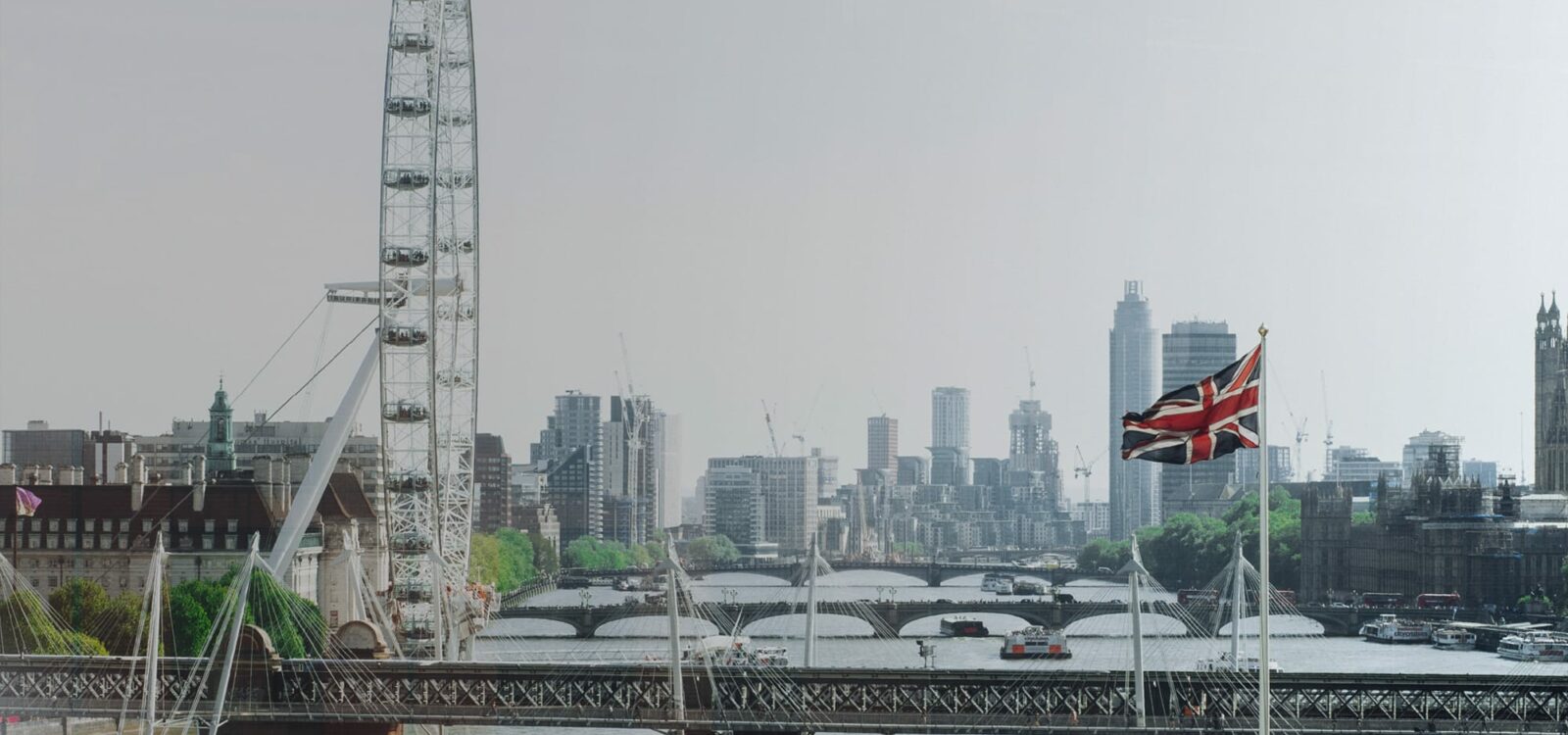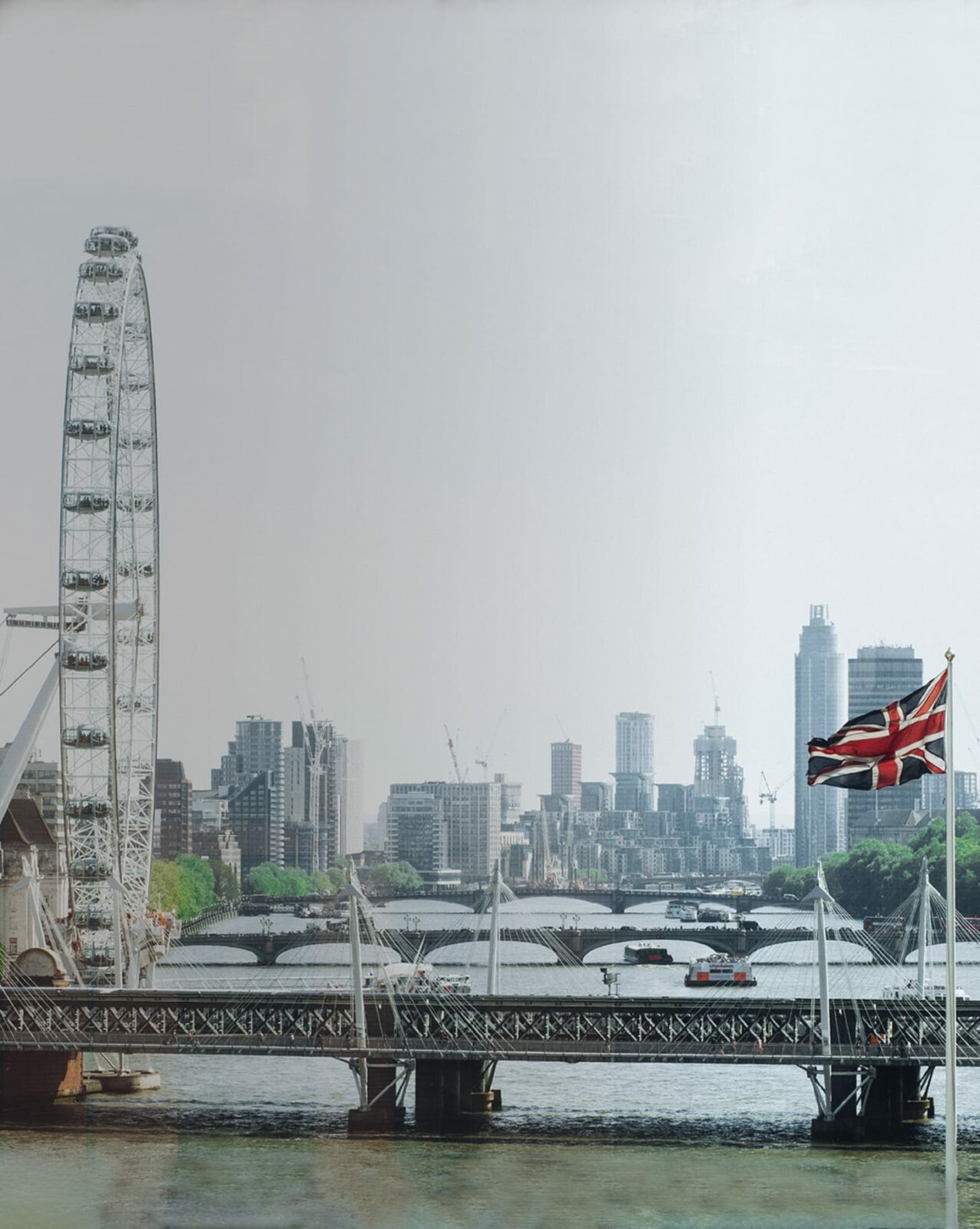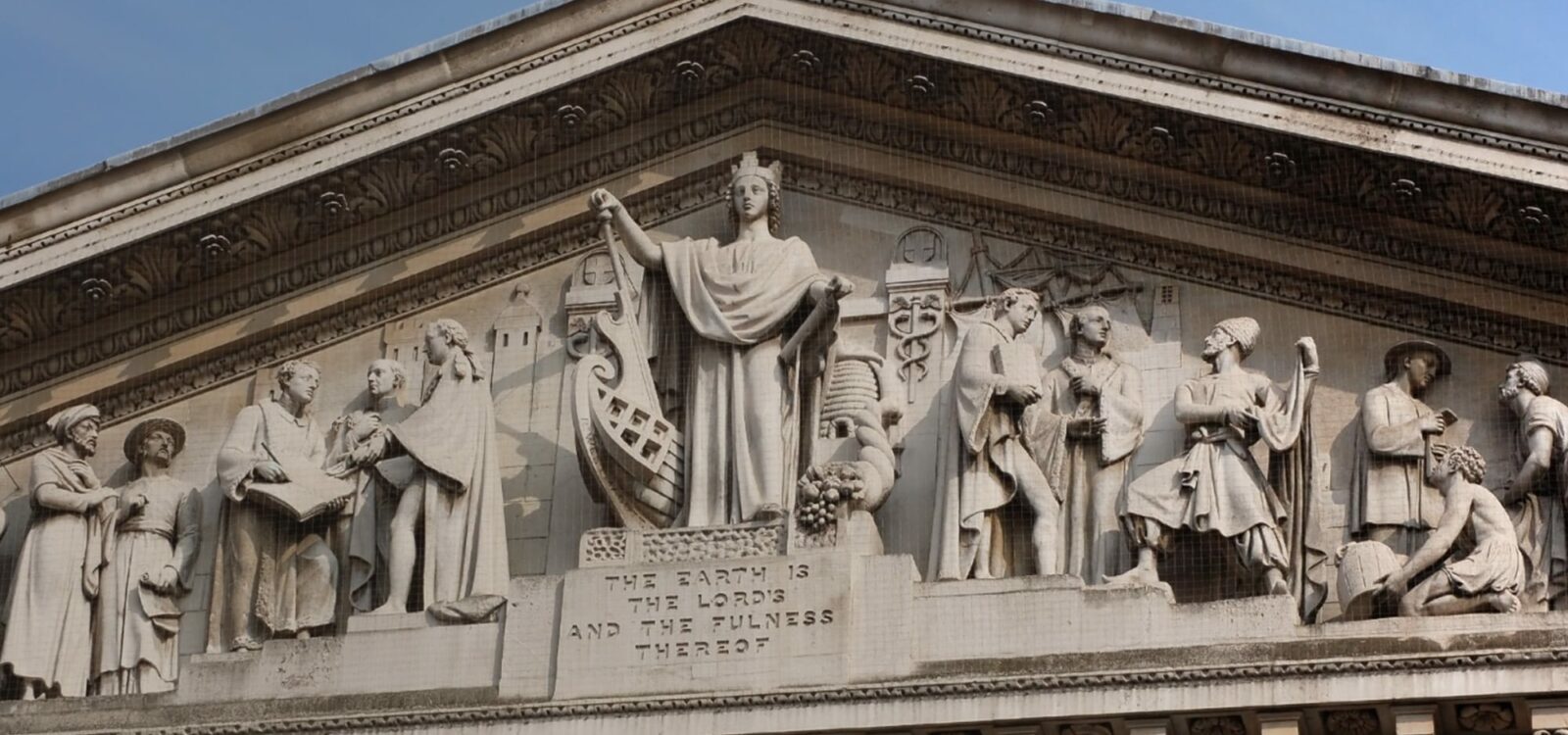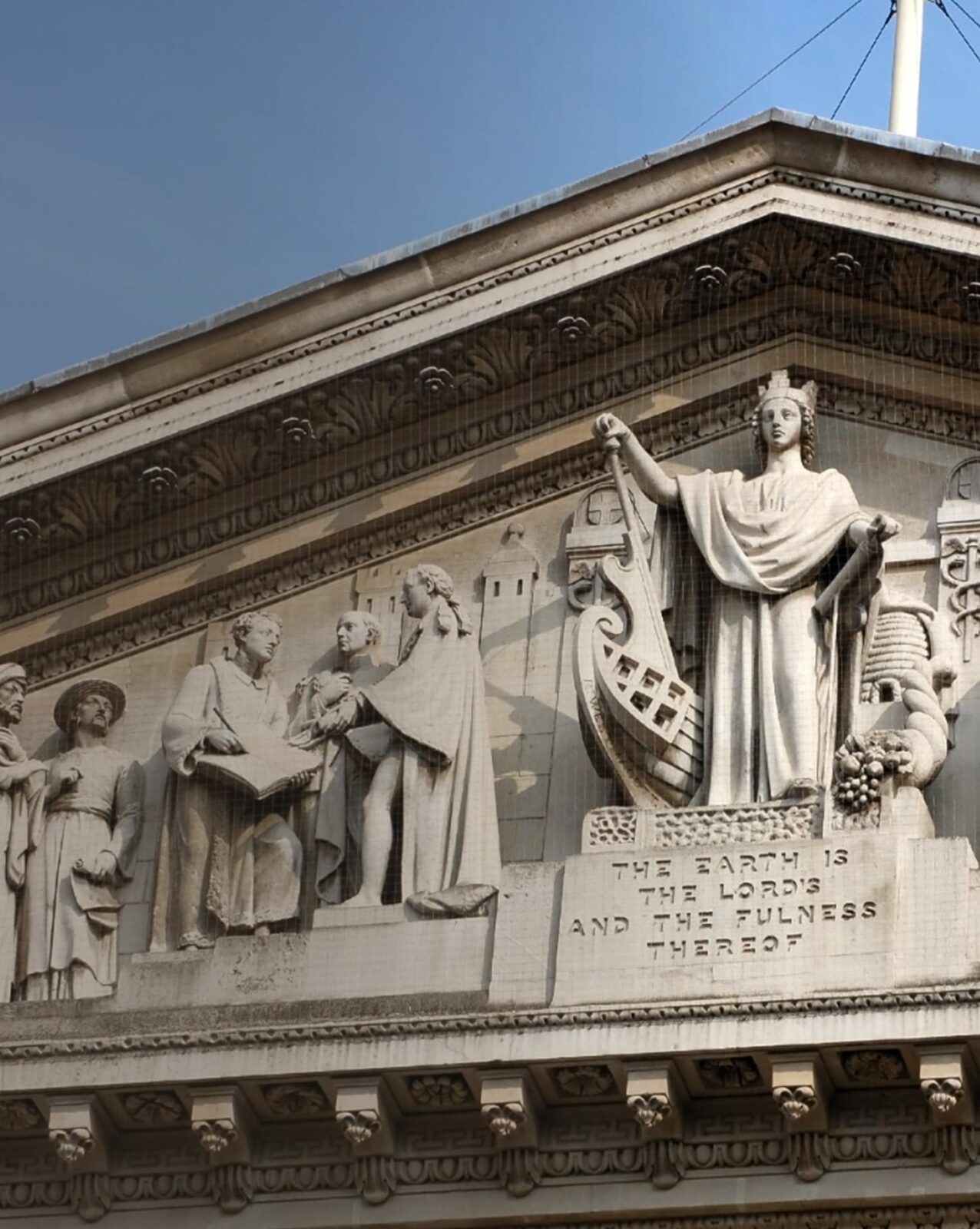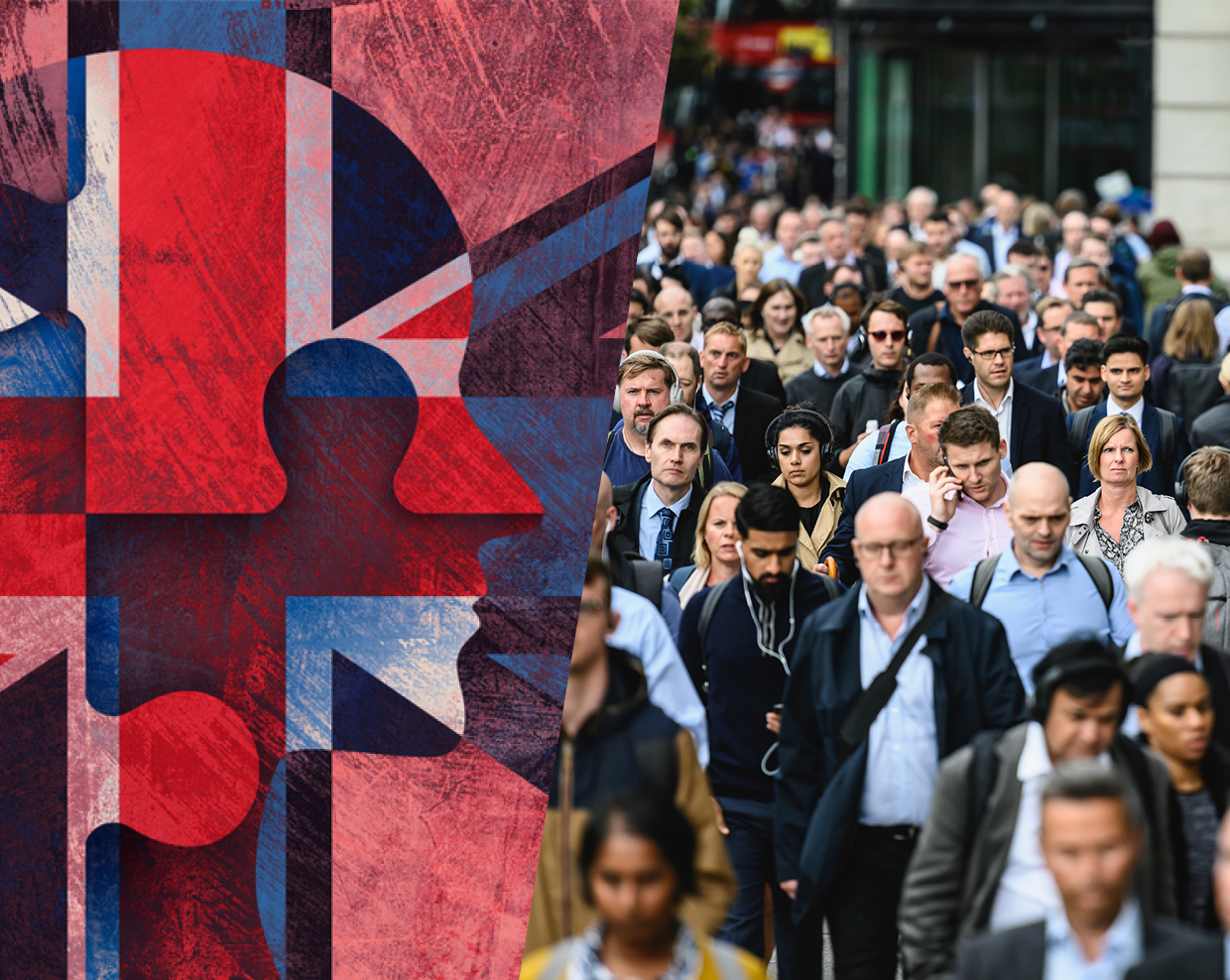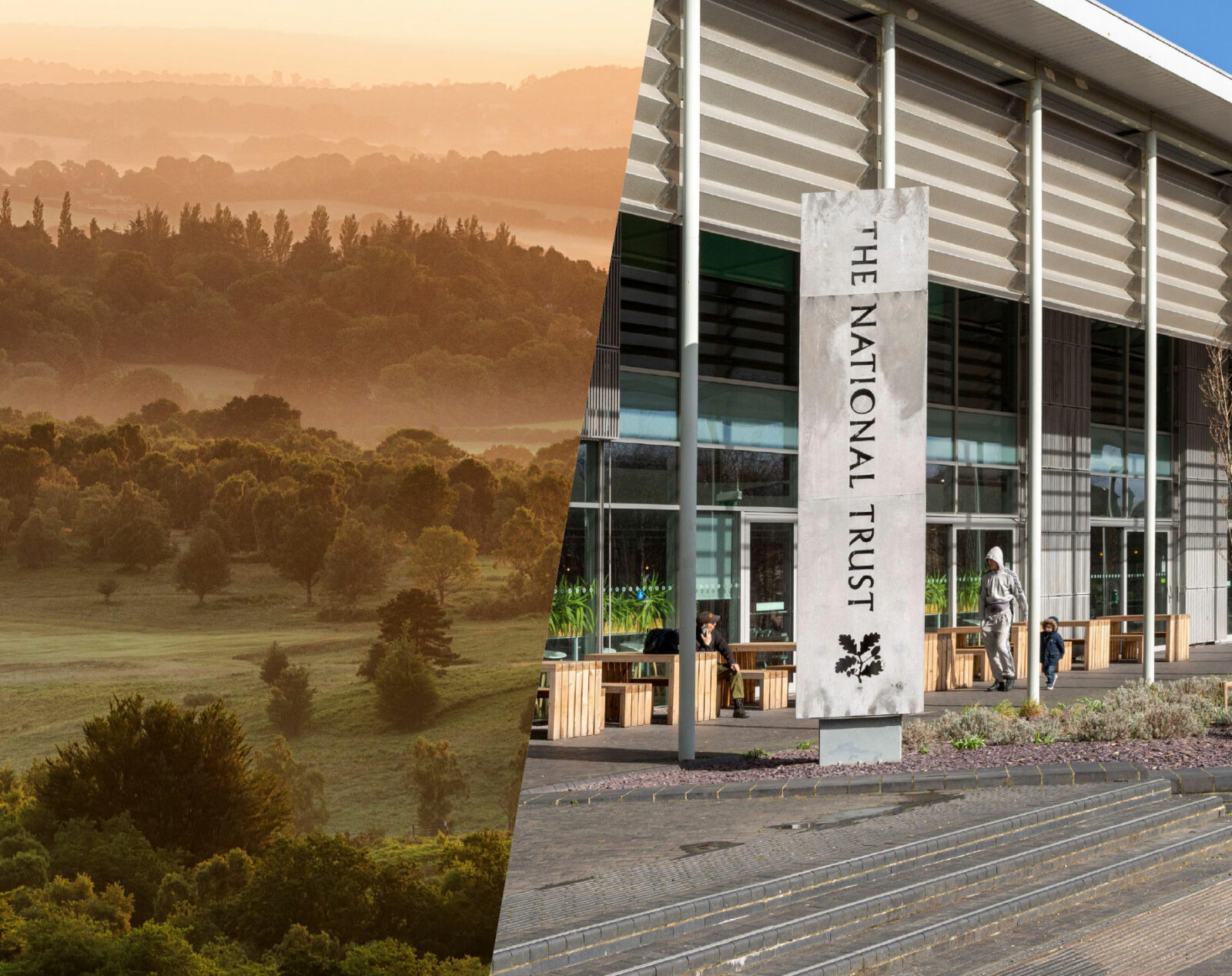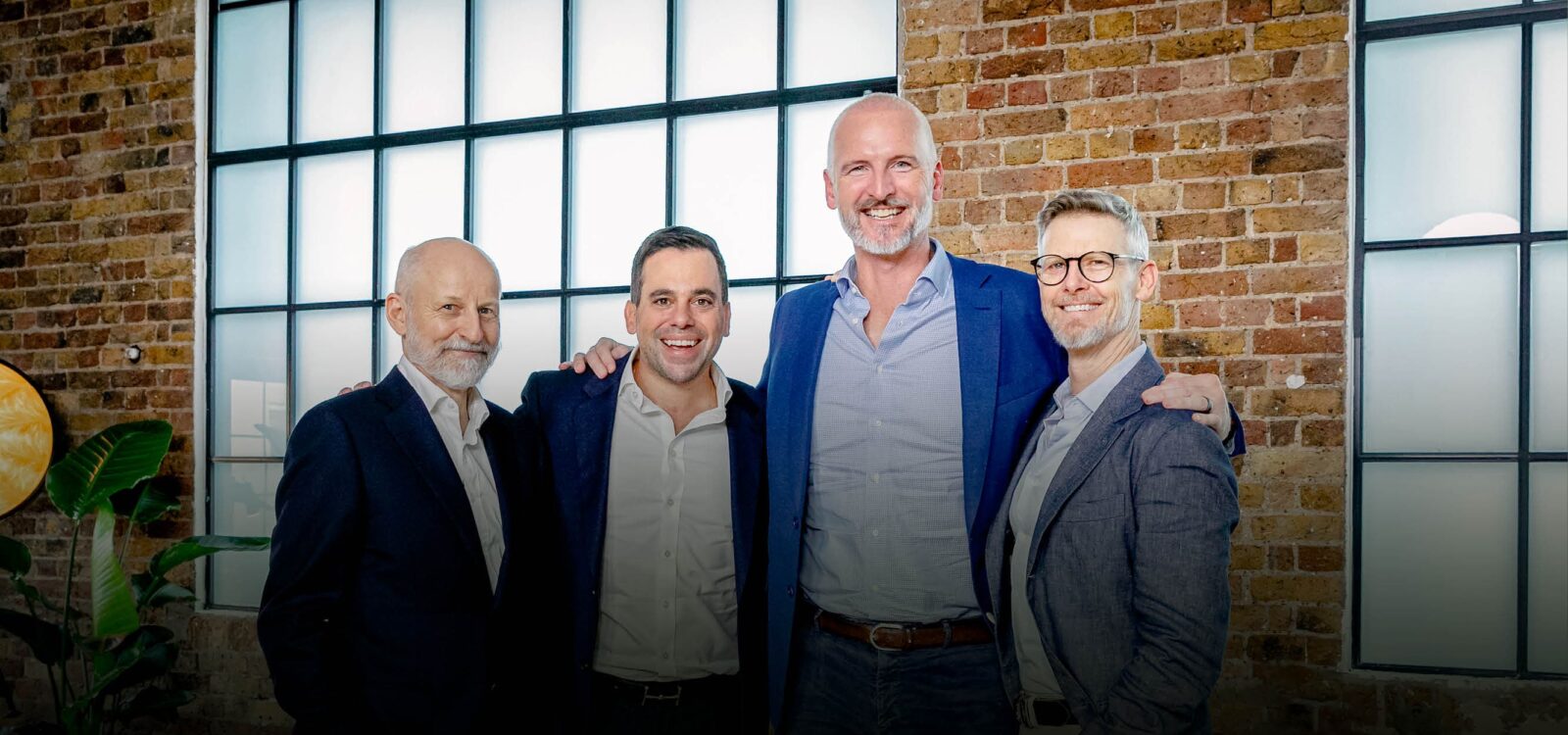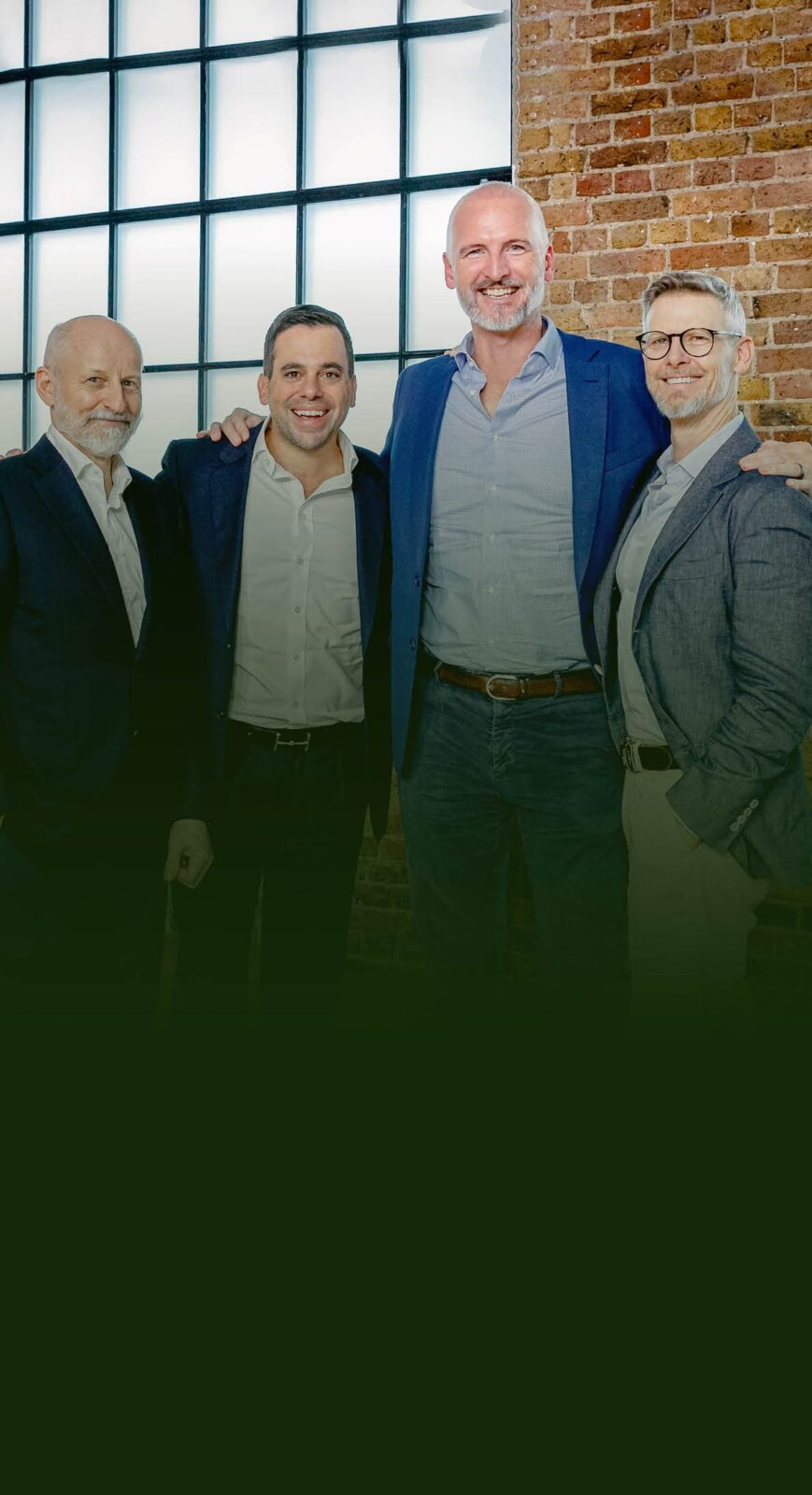The Legatum Institute exists to promote the prosperity of individuals, families, communities and nations.
Media and Publications
The Legatum Institute has published a new briefing paper into who is voting for Reform UK and why?
The Legatum Institute has produced a new report by Zewditu Gebreyohanes on the roll-back of democracy in the National Trust
On the day the Government published a Statutory Instrument designed to stop politicised de-banking, Legatum Institute hosted its first Financial Freedoms Summit
Contact Us
Please feel free to contact the Legatum Institute for more information about our mission or initiatives.
11 Charles Street, London,
W1J 5DW, United Kingdom
T+44 (0) 207 148 5400
Einfo@li.com
